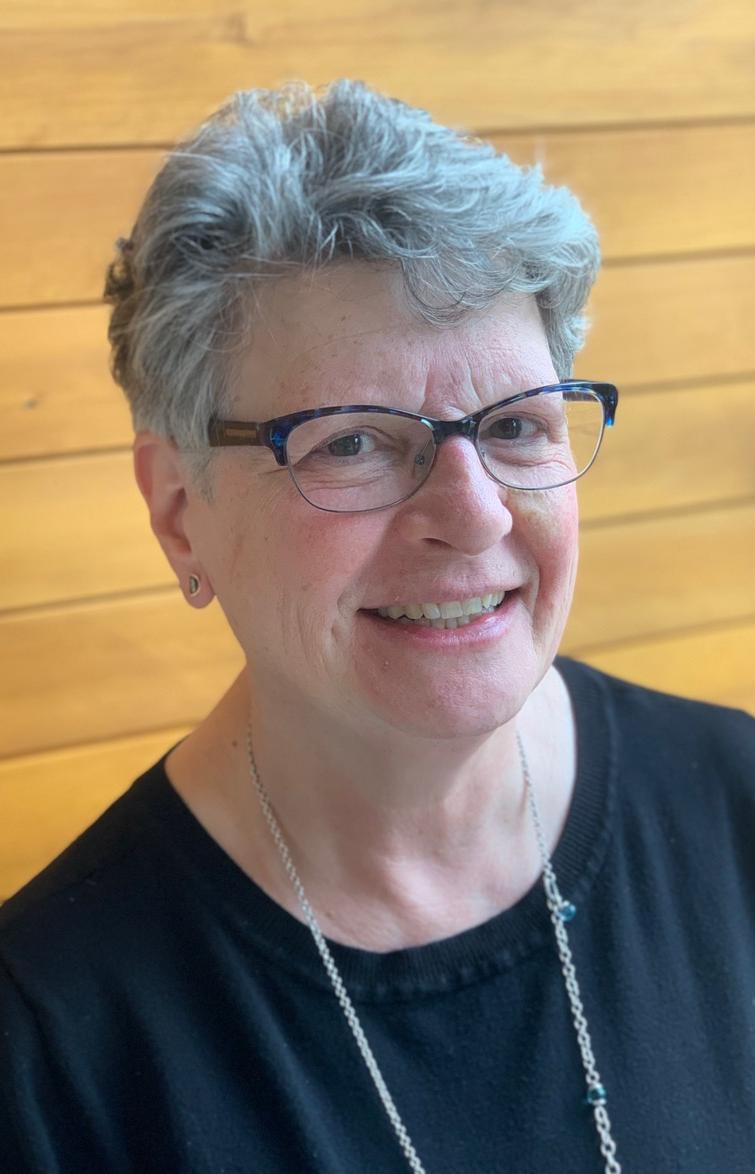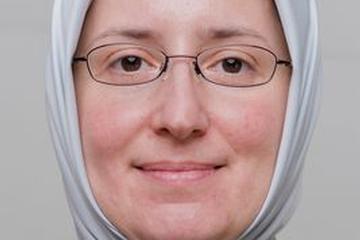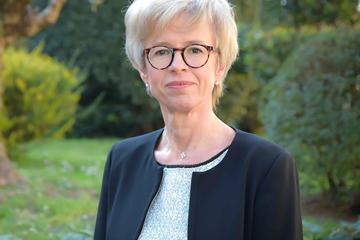
Dr. Lynda Robitaille, presently serving as dean of theology at St. Mark’s College, Vancouver, talks to us about how her "studies opened doors to different roles," how "serving the Church means working within the Church to help it grow," and about the need for lay people "to be integrated into decision-making in the Church at all levels."
What was your area of study and which pontifical university did you choose and why?
I studied canon law at the Pontifical Gregorian University. I studied for my licentiate and doctorate, as well as a specialization in the jurisprudence of the Tribunal of the Roman Rota at different times, from 1985 to 1992.
What opportunities did your studies offer and how are your studies and research at the pontifical university related to the work you do today?
My studies opened doors to different roles. Over the years I have taught canon law at different universities: Saint Paul University in Ottawa (1993-2010), Seattle University in Seattle (2002-2018), KU Leuven in Belgium (2015-2021), and St. Mark’s College in Vancouver (2010-present). I have also worked for a number of different tribunals and done consulting in canon law. Since 2013, I have worked in administration at a Catholic college.
What advice would you give lay women who would like to study in Rome?
If you are interested in studying in Rome, do so. Once you arrive in Rome, study hard, but also take advantage of every opportunity: get to know the city, get to know people outside of school, get to know the Church and people from all over the world. These experiences will enrich your life and will also help you to understand the Church. Studying in Rome gives you the opportunity to learn so much about yourself and the Church throughout the world. Learning and being realistic is a difficult process — seeing and understanding both good and bad — but it is an essential process if one is going to be able to stay sane.
No matter what you hope to study in Rome, think seriously about what you will do with your education. Studying canon law means that one will end up working for the Church. It can be difficult to be a lay woman working for the Church. You will likely encounter moments of prejudice, lack of support, perhaps even people actively working against you. You will certainly encounter challenges you do not expect. At the same time, there is much that is life-giving about working for the Church.
How did your studies help you to become more able to serve the Church and society?
I have been privileged to do many different things in the Church since I completed my studies, whether working for a diocesan curia, teaching, researching or working as a consultant. My studies gave me the confidence to know that I can learn whatever I need to learn because I know where to find information or whom to ask for help.
To me, serving the Church means working within the Church to help it grow, by recognizing the work that needs to be done to prepare for the future or to work toward recognizing and fixing past errors and injustices. It has taken me a long time to learn that I cannot change big things on my own, but with each action, I can work toward a vision of a Church that is more just, more holy and more able to be present to the faithful in their needs.
What do you think is an area of most pressing concern in your area of study or of your profession?
There are many challenges in canon law in our days: dealing with abusive situations through penal law, preventing abusive situations, making sure that everyone in the Church recognizes their equality and dignity through baptism, and most challenging, making sure the latter is lived out in practice. Sacramental law is also encountering challenges in terms of marriage and Eucharist in particular. Finally, we must recognize the importance of baptism and what it means in the lives of the faithful.
What, in your opinion, is the importance of the role of laity in the Church at a decisional level?
Lay people need to be integrated into decision-making in the Church at all levels because they are members of the Church through baptism. Decisions should be made by those who have the requisite skills, not by those given decision-making power for reasons not based on skills. In my opinion, there is no question that many lay people are capable and that, through their baptism and gifts, they should be integrated into decision-making structures in the Church. We need to recognize talent in whoever has it and not give decision-making roles to people because of ordination rather than skill set.
Dr. Lynda Robitaille is a canonist who is presently serving as dean of theology at St. Mark’s College, a Catholic theological college affiliated with the University of British Columbia, in Vancouver, Canada. Lynda is the president of the Canon Law Society of America.
Photos courtesy Dr. Lynda Robitaille. We also asked our alumnae to share a special photo from their Lay Centre days. Lynda shared the one below capturing a day out at Castel Gandolfo, with Lay Centre residents, including Dr. Donna Orsuto.


